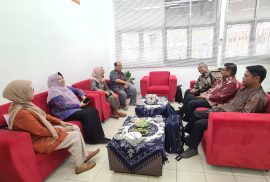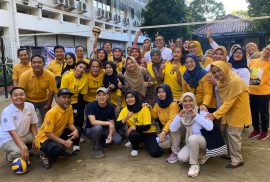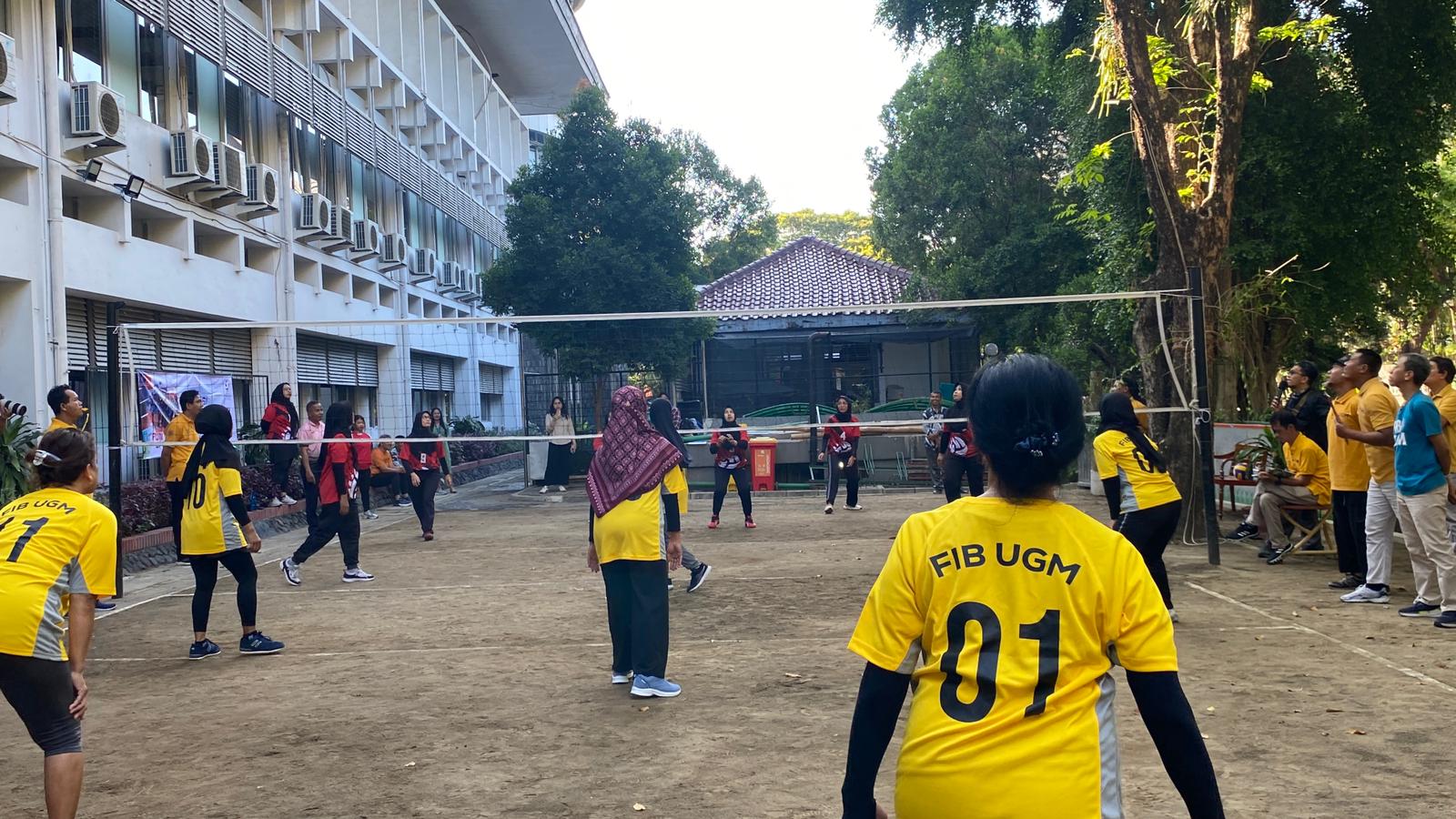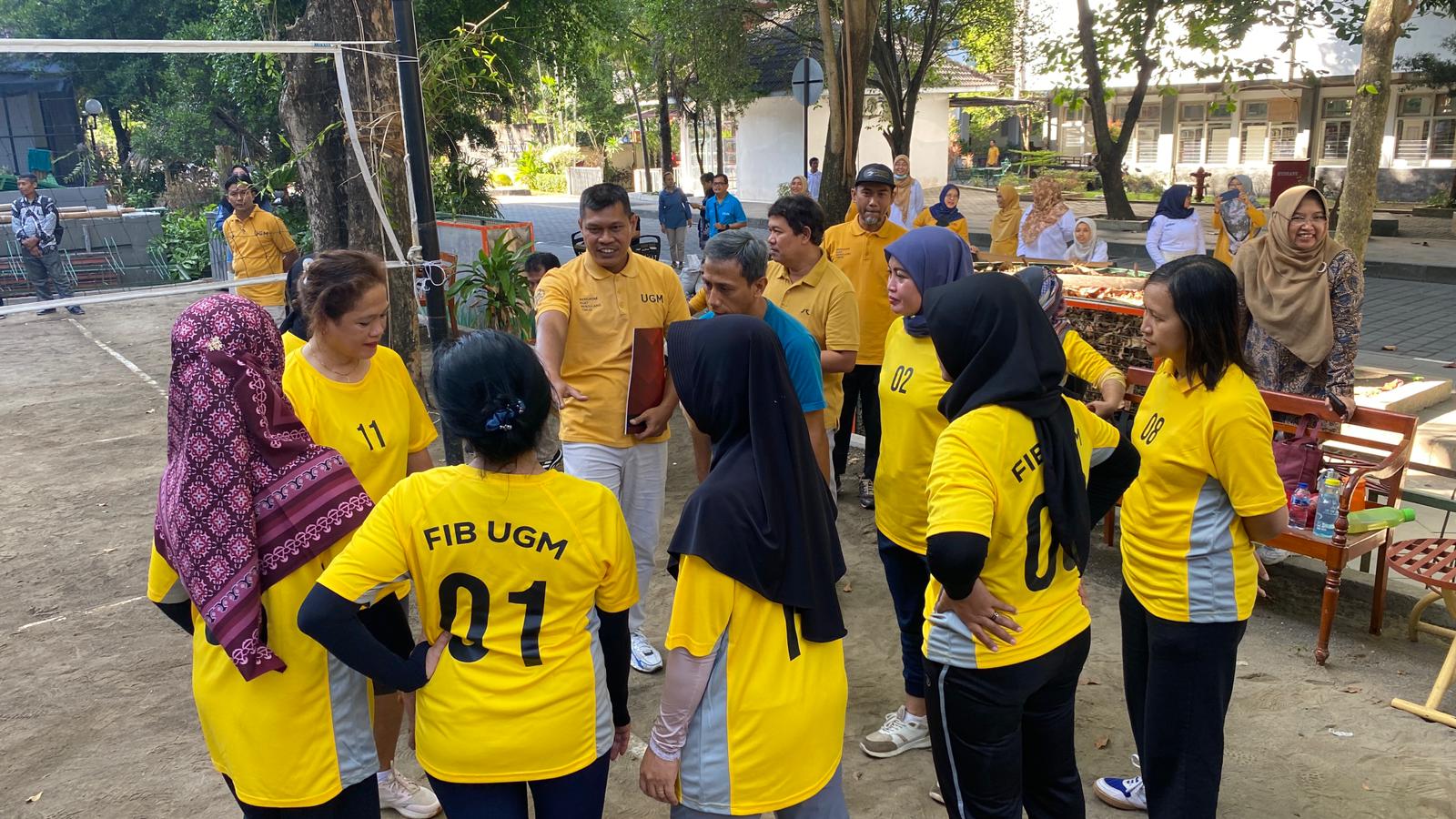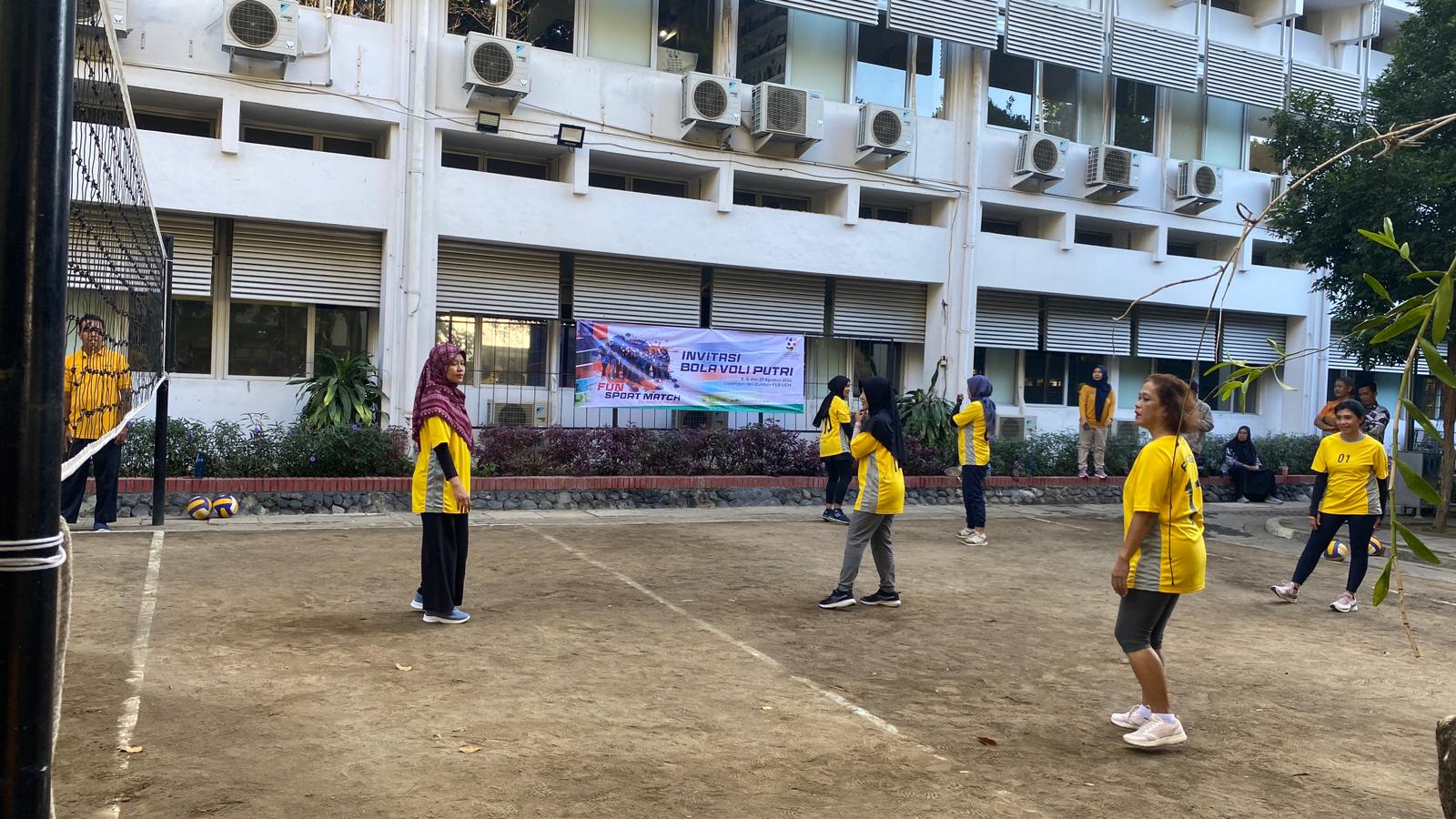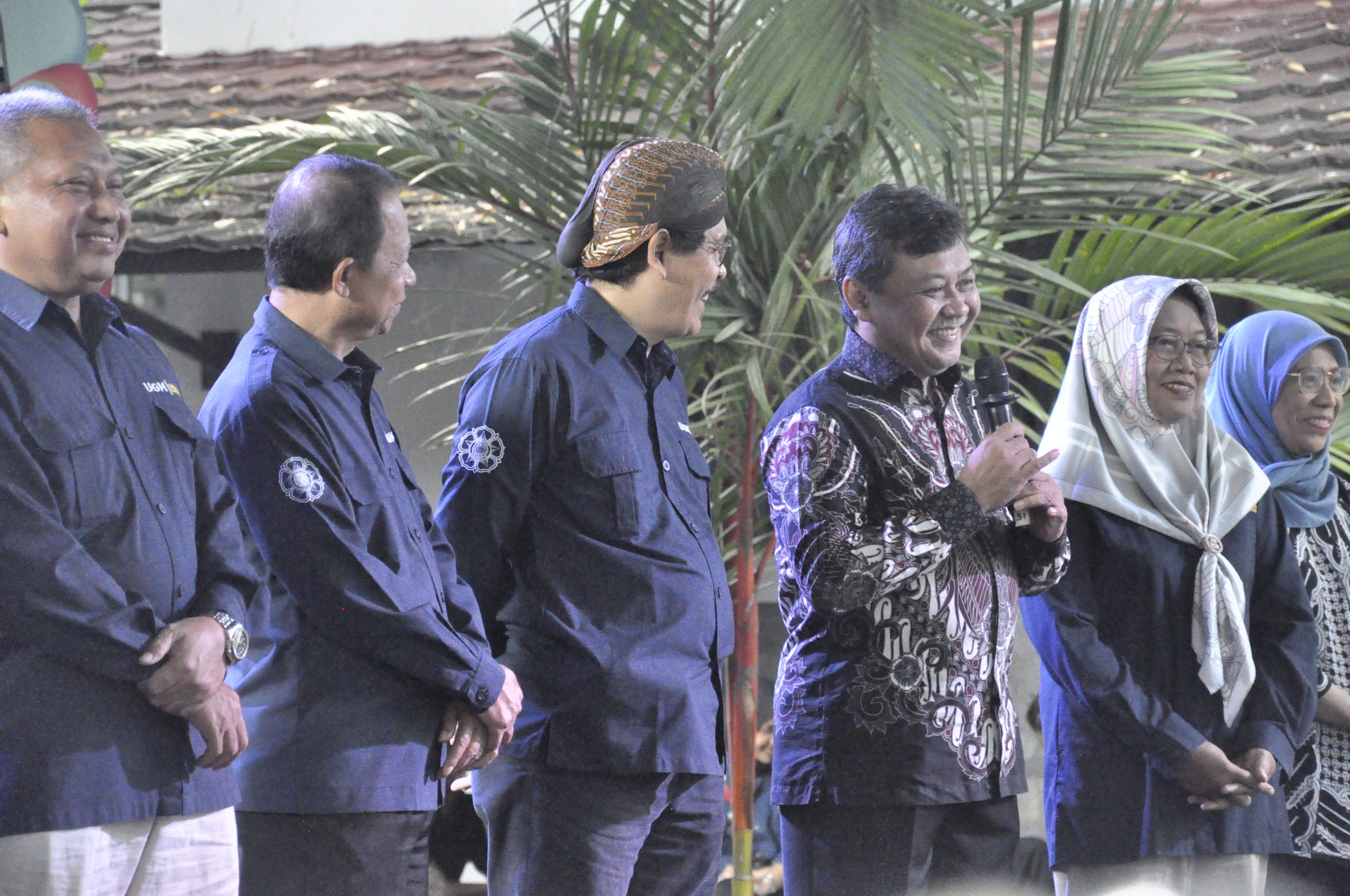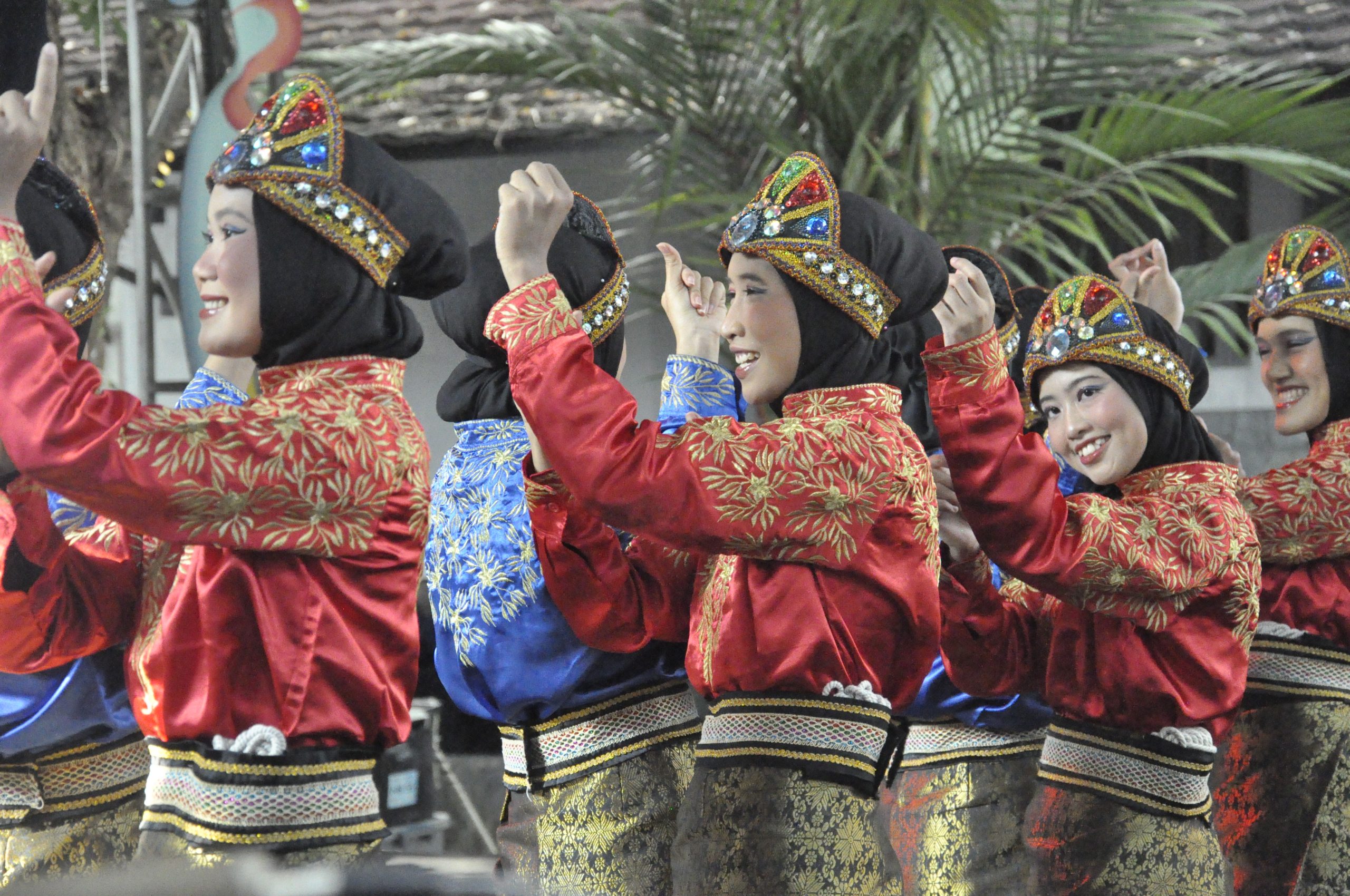Yogyakarta, August 15, 2024 – In an effort to improve cooperation and academic development, the Faculty of Cultural Sciences (FIB) of Universitas Andalas (UNAND) conducted a benchmarking visit to the Archaeology Study Program of the Faculty of Cultural Sciences, Universitas Gadjah Mada (UGM) on Thursday, August 15, 2024. This visit aims to obtain valuable input in the context of establishing a new Archaeology Study Program at FIB UNAND.
The visit from FIB UNAND was led by Prof. Dr. Herwandi, M.Hum., Dean of FIB UNAND, along with Dr. Zulqaiyyim, M.Hum., Head of History Department, and Alfa Noranda, S.S., M.A., Lecturer of History Study Program. They were welcomed by Dr. Nur Saktiningrum, Vice Dean for Academic and Student Affairs of FIB UGM, as well as Dr. Mahirta, M.A., Head of the Department of Archaeology, Dr. Anggraeni, M.A., Head of the Archaeology Study Program, and Drs. Musadad, M.Hum., Secretary of the Archaeology Study Program in Room C103 of FIB UGM.
In this meeting, Dr. Zulqaiyyim said that FIB UGM, as the “elder brother” of FIB UNAND, is expected to provide guidance and constructive input related to the improvement of the proposal for the establishment of the Archaeology Study Program at FIB UNAND. This discussion aims to optimize the quality and relevance of the new study program to be established.
This benchmarking event is part of the commitment of both institutions to improve the quality of education and research in the field of archaeology, as well as strengthen collaboration between FIB UGM and FIB UNAND. With this exchange of experience and knowledge, it is hoped that the new study program at FIB UNAND can soon be realized with high standards.

